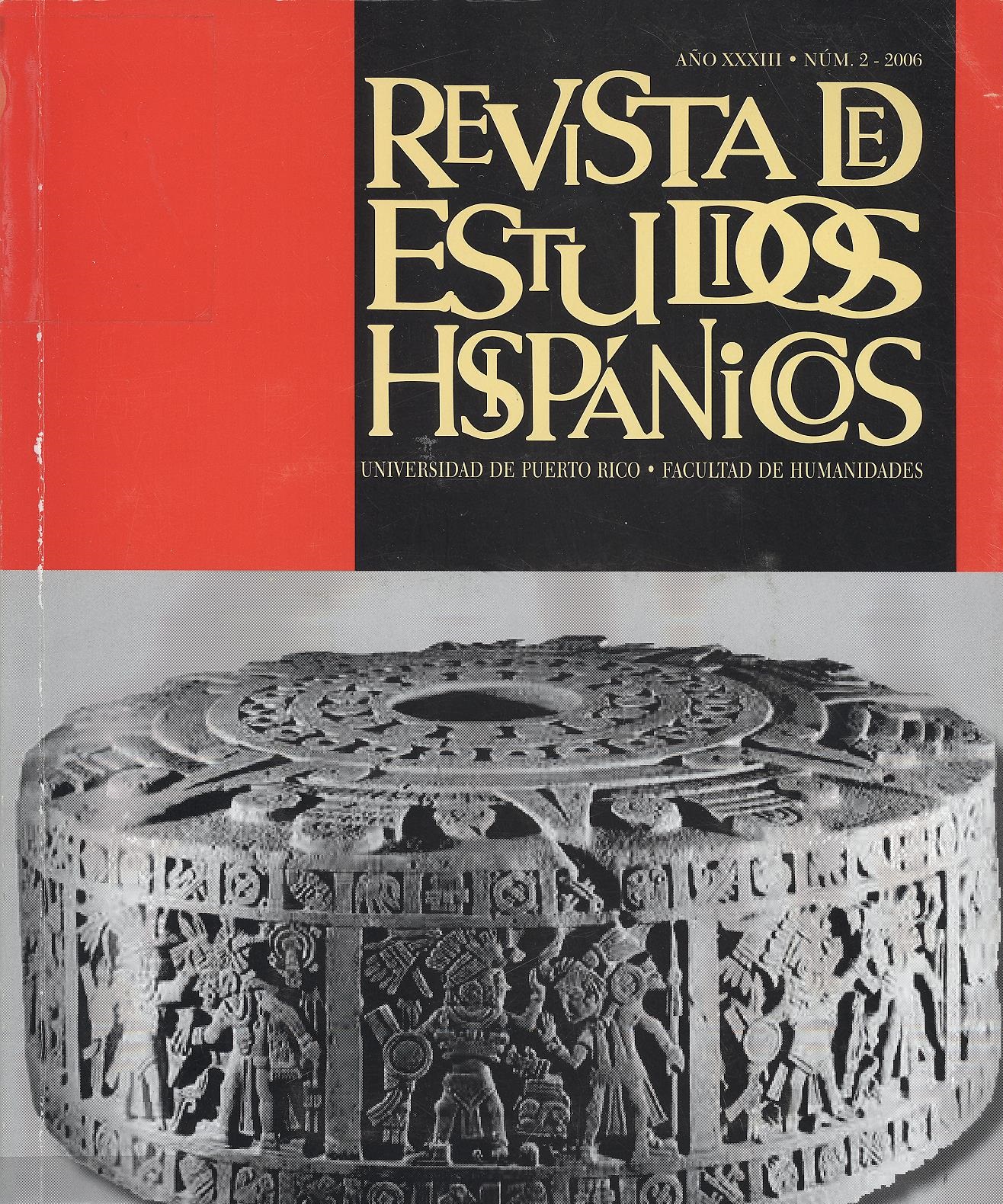Abstract
Many of the fictions published in the last decades represent historical themes from marginal perspectives. As a subgenre of the historical novel, the Latin American intrahistorical narratives situate a personal story in the background of public events; from here, the author explores the effects these events had on private lives by privileging subordinate subjective views previously not contemplated by the official versions of the events. Ana Teresa Torres‘ Doña Inés contra el olvido, as a narrative structured around the voice of a female subject, is a rewriting of history that proposes a complex redefinition of identities. In this article I analyze gender, class, and national identities assumed by Doña Inés‘ character as a result of her multiple "labors of memory". This allows the reader to reconsider the situations of supremacy or subalternity within which this character is inscribed, and in this way, to revaluate the notion of intrahistorical narrative.This work is licensed under a Creative Commons Attribution-NonCommercial 4.0 International License.
Downloads
Download data is not yet available.

